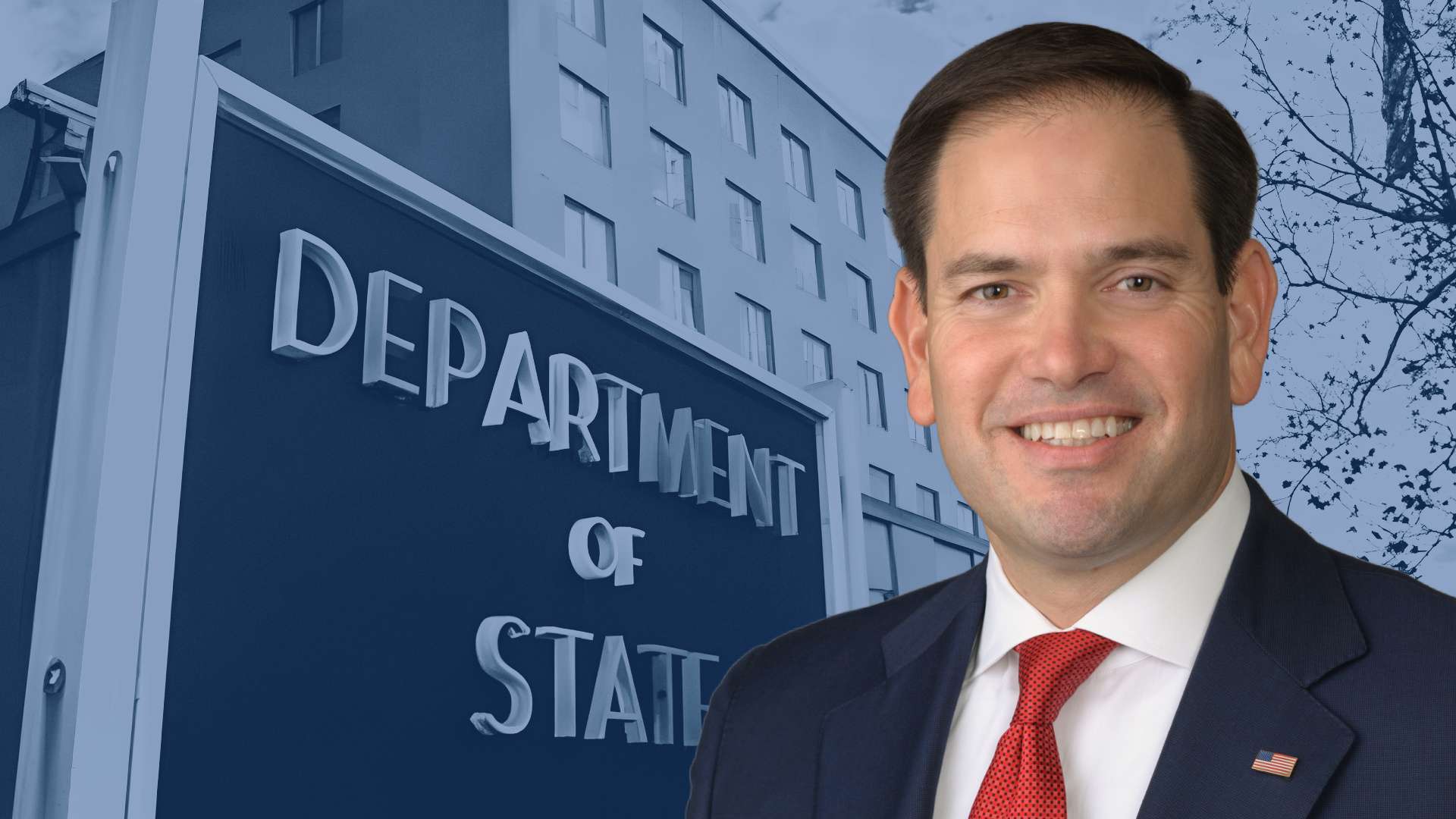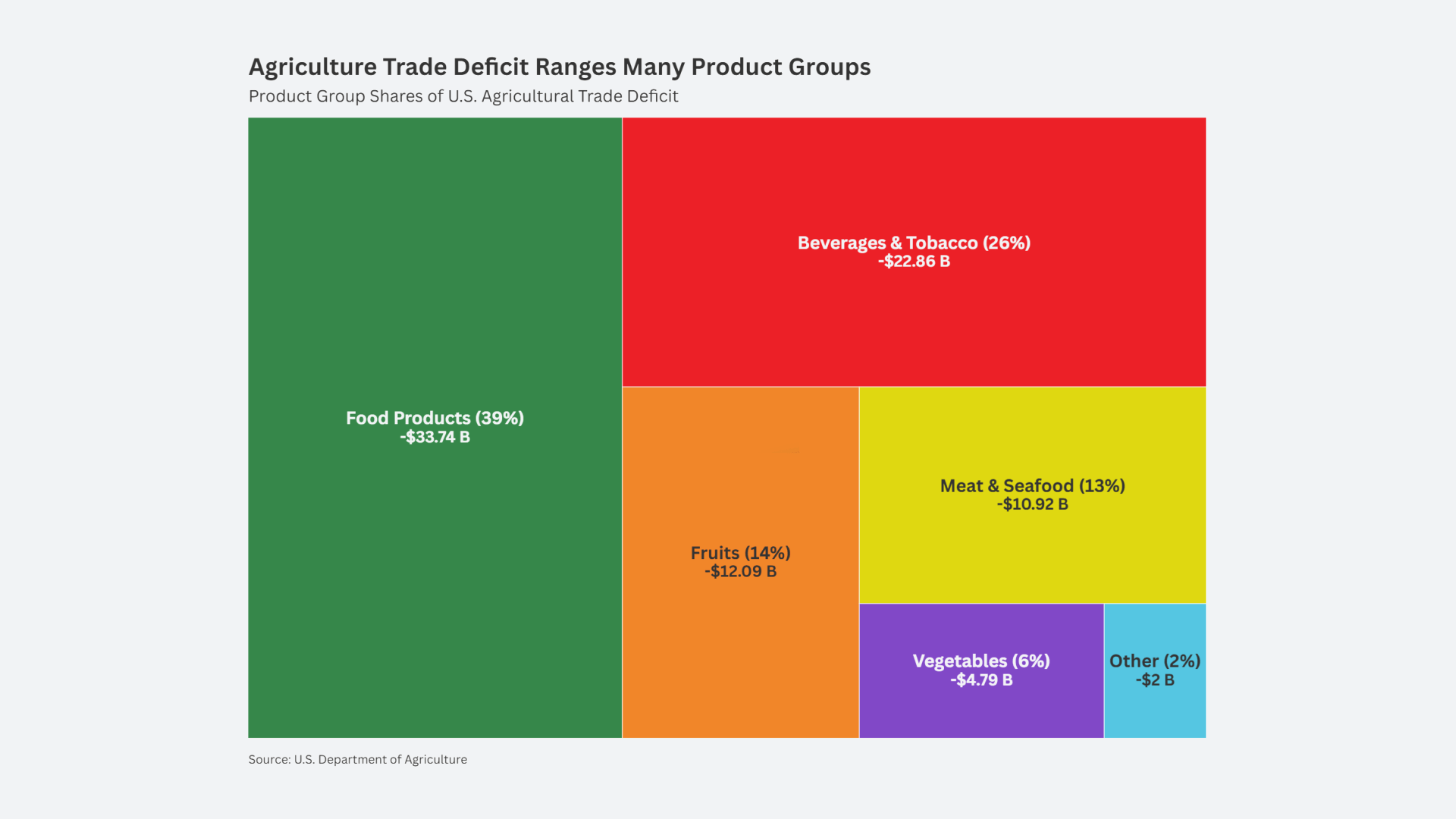By Michael Stumo, CEO of CPA, and Jeff Ferry, Research Director
Some influential economists misleadingly assert that US trade deficits are caused by American households failing to save enough and also by federal budget deficits. Taking action against strategic foreign economic policies, their story continues, would be futile. This paper comprehensively disproves the savings rate argument, demonstrates how trade surplus country policies impact the US and recommends effective unilateral solutions.
Summary
Does America’s low savings rate cause trade deficits? Or do trade deficits cause a low savings rate? This working paper explains how to distinguish (a) causation from (b) mathematical interrelationships in the national income identity or equation that underlies this debate. For reasons explained below, real world changes (exogenous factors) outside the identity are the true causes. These real world changes directly impact one or more variables within the identity, transmitting through the equation by mathematical necessity. In short, national savings is related to the trade deficit in an accounting sense but does not cause it.
We further describe how policy or economic changes in trade surplus countries are transmitted to deficit countries. Becoming fluent in identifying true causation and the mechanisms of transmission is important for government officials to select US policy responses that will end global imbalances and domestic stagnation.














